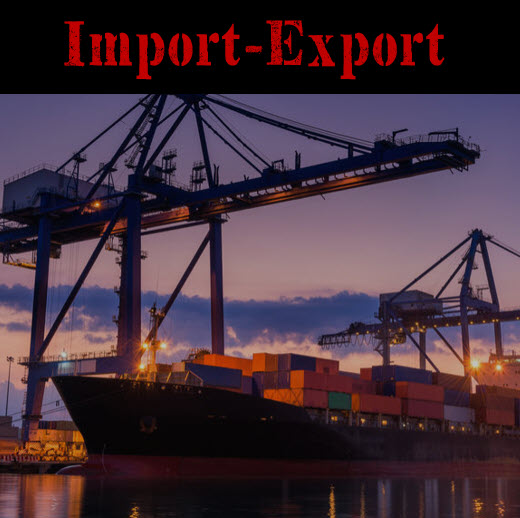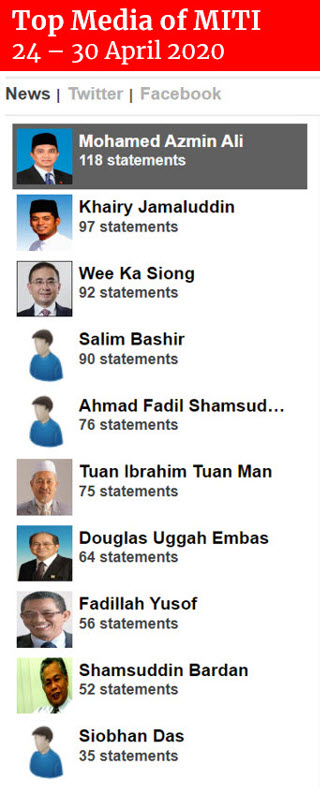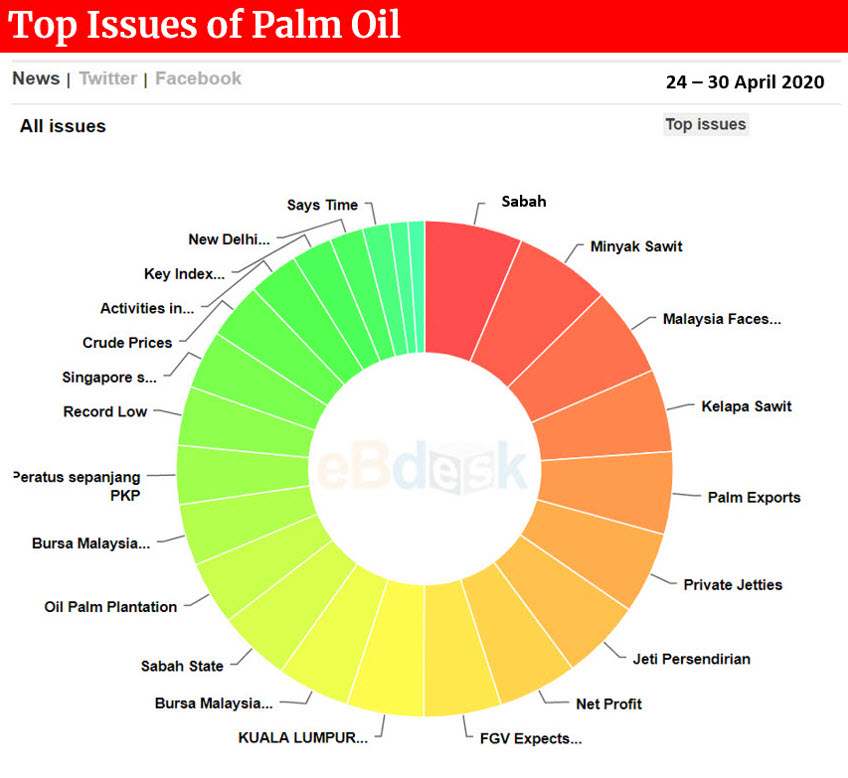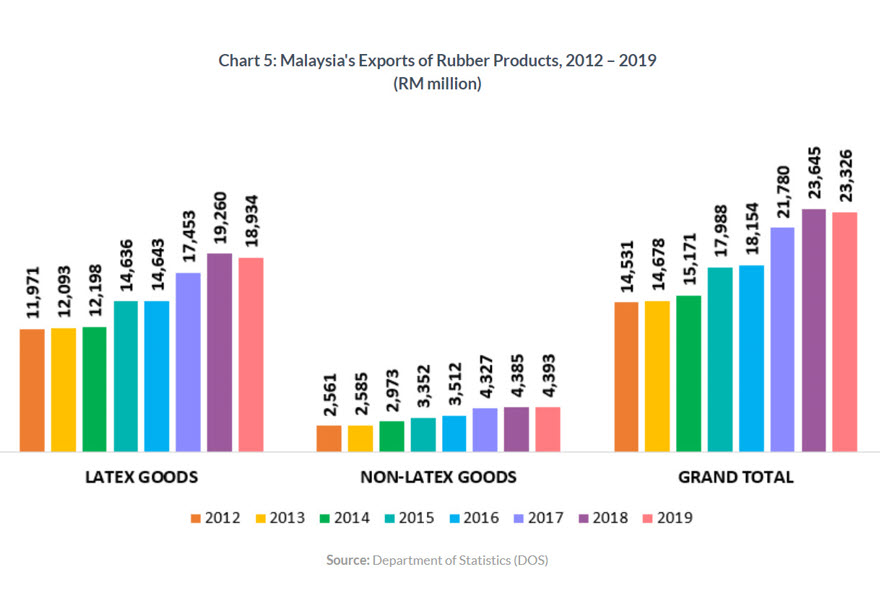MCO Impact on Import-Export Activities


The Minister of International Trade and Industry has allowed the manufacturing sector to operate during the fourth phase of the ongoing Movement Control Order (MCO).
The manufacturing sector was behind schedule due to being momentarily shut down as the MCO was first initiated.
Electrical and electronic, petroleum and rubber products were the top export goods in the country that came from the manufacturing sector.

The E&E sector had the most approved investment in 2019. The domestic direct investment accounted for 60.4% (RM125.5 billion), while the foreign direct investment (FDI) made up for 39.6% (RM82.4 billion) of the total.
With decline in production and demand, the investors would suffer in losses. Besides, the decline in exportation would make investors to lose confidence in the sector.
Subsequently, investors would play it safe by reducing the amount spend in investing in this sector. Thus, the amount of FDI in Malaysia would also be reduced. Ultimately, it would impact the nation’s GDP.

Malaysia is the world’s second largest palm oil exporter, just behind Indonesia.
The declining of global palm oil demand began way before the Covid-19 pandemic, when the European Union (EU) imposed a ban on the community.
Sabah is the biggest palm oil producing state in Malaysia. Due to the MCO, several palm oil plantations in the state were forced to shut down by the state government.
In addition, Sabah state government gave special permission for jetties involved in the transportation of palm oil, oil and gas to operate.
However, the export for palm oil products have declined by 41.7% during the MCO.
According to the Malaysian Palm Oil Board (MPOB), Malaysia’s palm oil exports to India would possibly hit its all-time low due to the lockdown in both countries.

On the other hand, the demand for rubber products is moving upward during the global pandemic.
This is due to the increasing demand for rubber gloves across the globe, serving as a medical supply to combat the pandemic.
The challenge is that Malaysia has to keep up its production pace to match with the high demand.
The production of rubber gloves in the country has shifted from oversupply to shortage.

